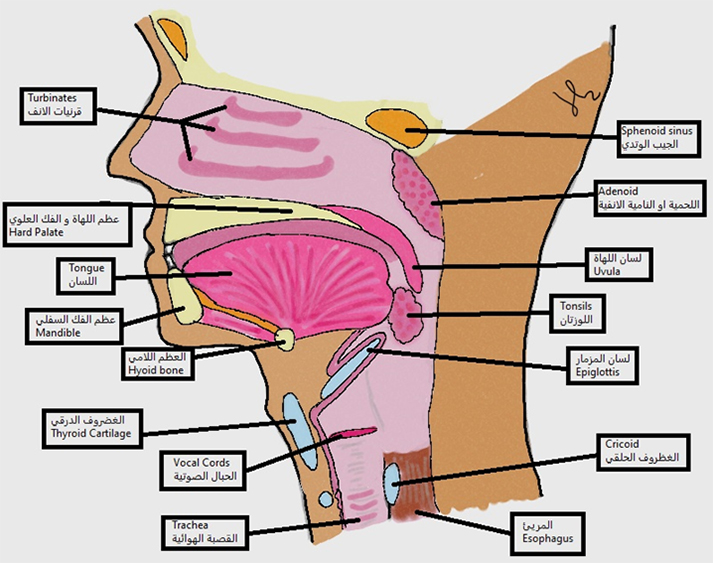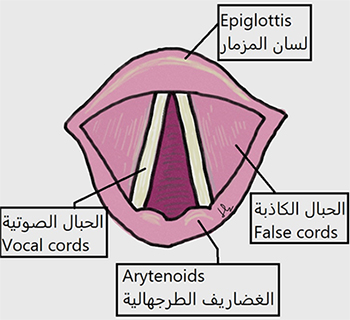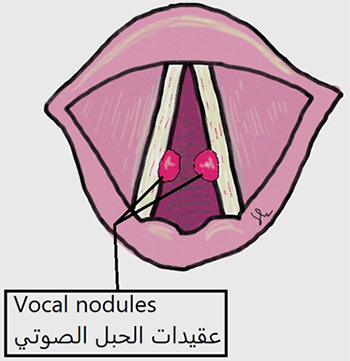
What is Micro laryngoscopy?
It is a medical term to describe the examination of the throat and voice box under general anaesthesia.


Why did my doctor recommend Micro laryngoscopy?
Your doctor will discuss with you the decision for Micro laryngoscopy and may offer the procedure in case of change in voice, difficulty of swallowing or for diagnosis of malignancy.
Micro laryngoscopy can be done alone or as apart of other surgery as pan endoscopy
(for biopsy or removing of disease)

How is Micro laryngoscopy procedure done?
It is done through the mouth, no external cuts, under general anaesthesia by using a metallic device to help the doctor to examine your throat and voice box, teeth protector will be used during the procedure, it can be as daycare or one-night admission and it will take 30 min -1 hour according to finding
What to expect after your surgery?
Pain is expected after surgery and it may last for the first few days. It is usually controlled with pain medicine
You will be able to eat and drink normally after the surgery
Your doctor may advise you to be on voice rest for the first 3 days
You may go home on the same day of surgery or may stay for one night in the hospital for observation
If a sample of tissue is taken the result will be ready after 10-14 days, your doctor will discuss the result with you on your appointment
Written card with your appointments will be given before you go home.
At Home:
Take your medication on time (especially pain medication and anti-reflux)
Sleep in a normal position
You can eat normal diet drink lots of fluid (you can adjust your diet as you tolerate)
Drink fluid mainly after meals, before sleep and early morning
Avoid spicy food, caffeine, and smoking
If your doctor advice voice rest, it usually for the first 3 days
You can drive normally unless you feel dizzy and unsteady
Avoid heavy exercise in the first 2 weeks
Avoid contact with a patient having flue
** when to come to emergency: (Hamad general hospital)
In case of:
- breathing difficulty
- neck swelling
- inability to tolerate orally
- spitting or vomiting blood
IMMEDIATELY to HAMAD emergency
Video:
